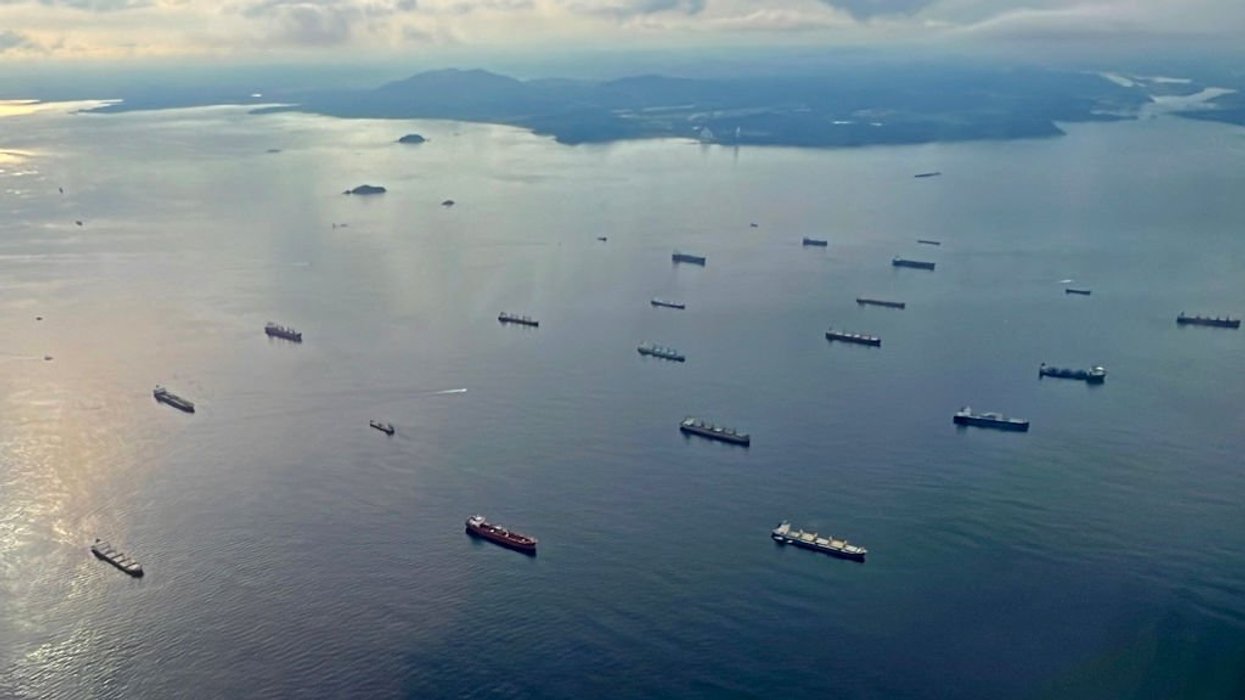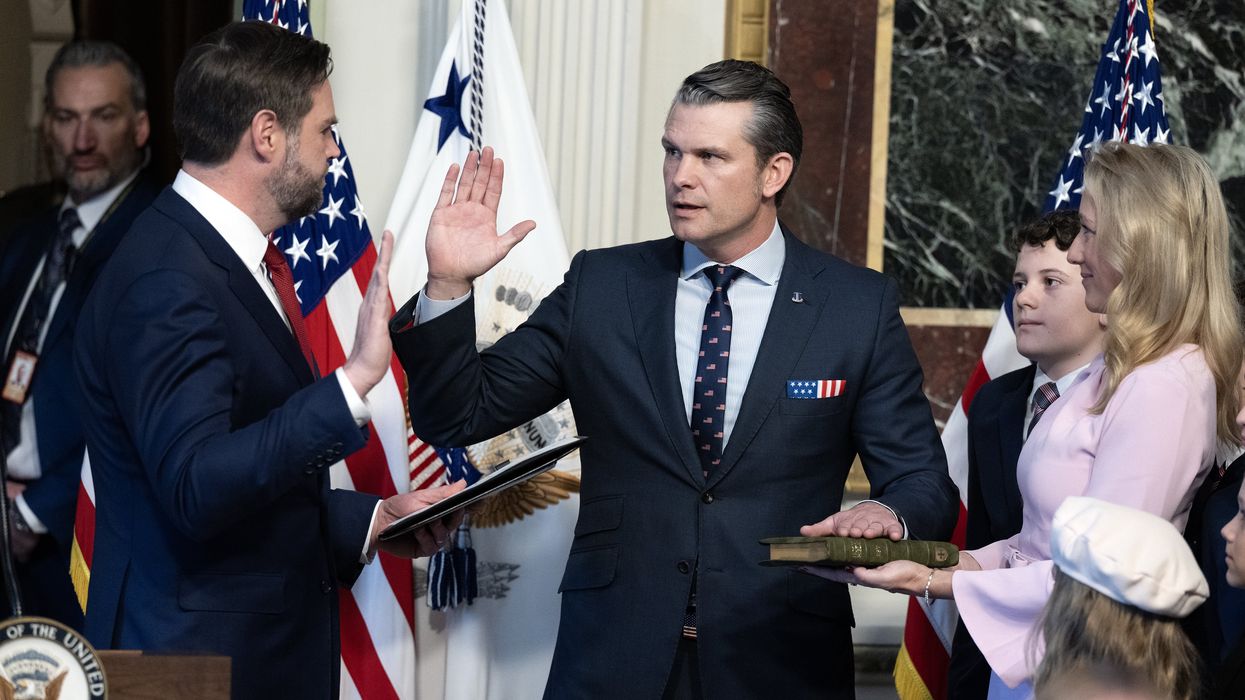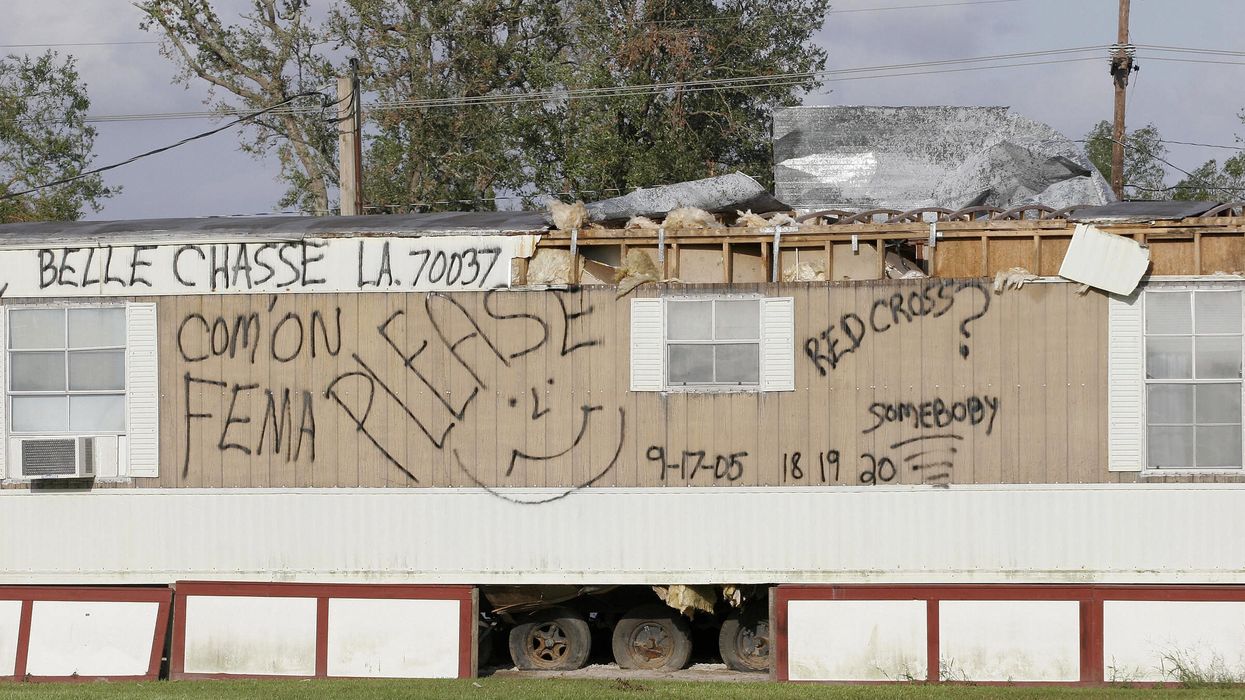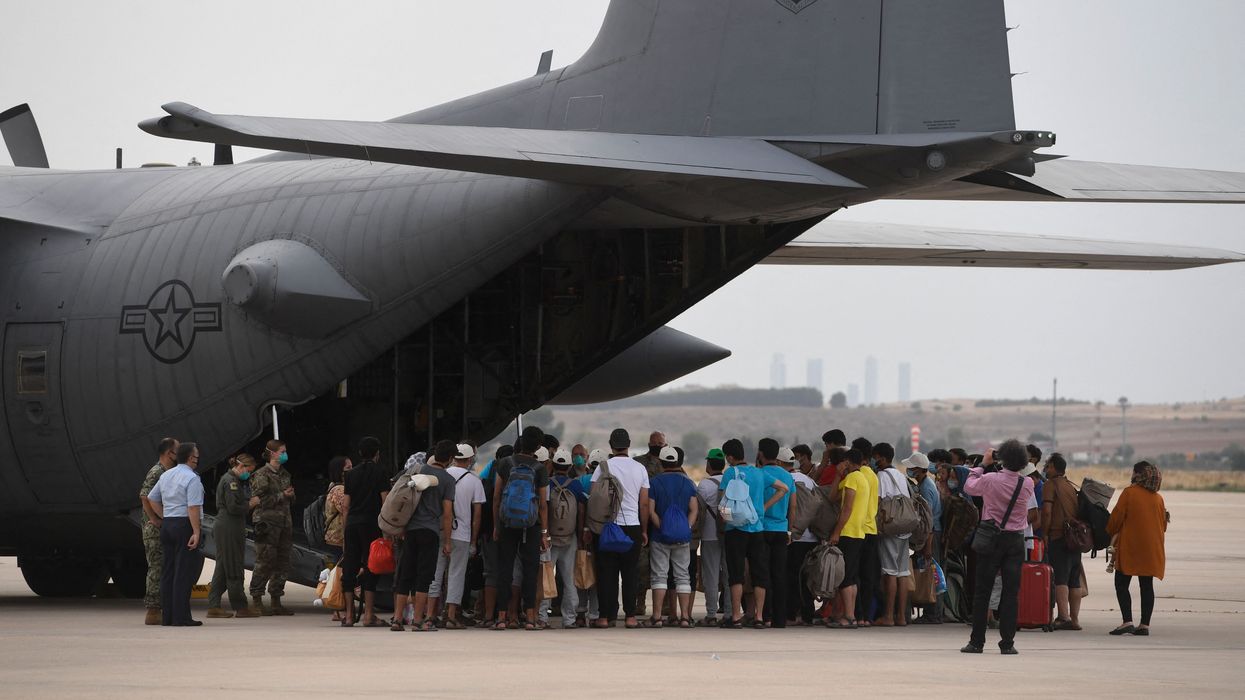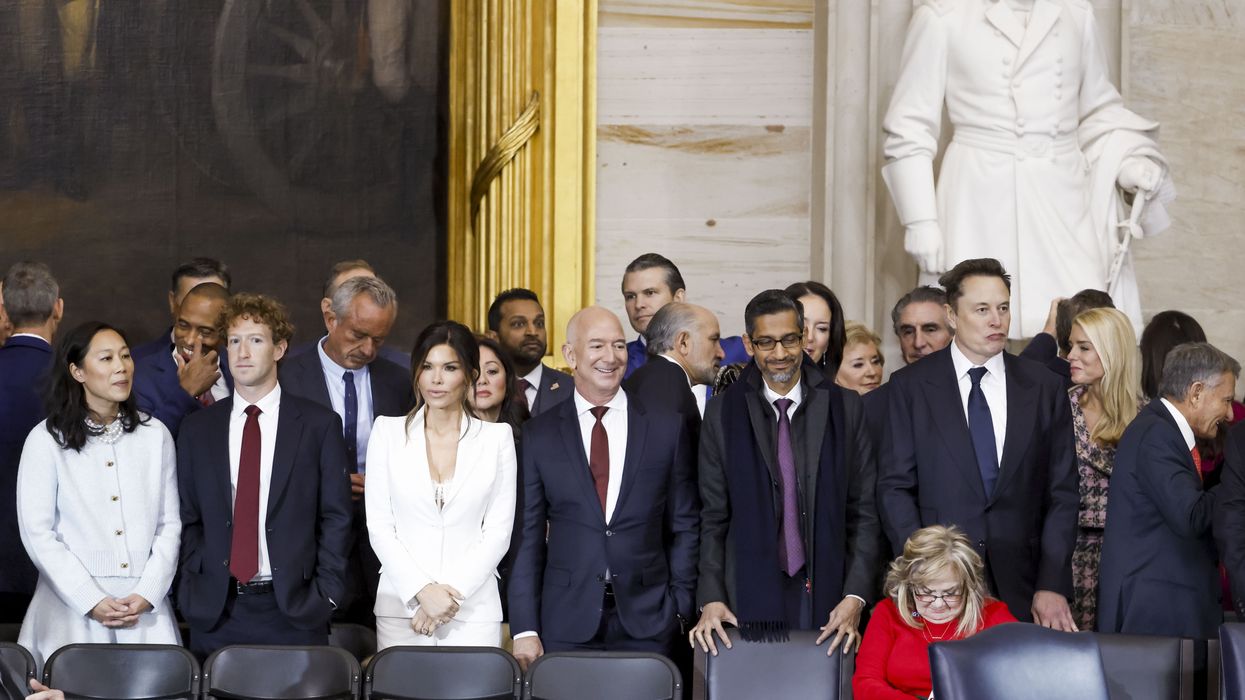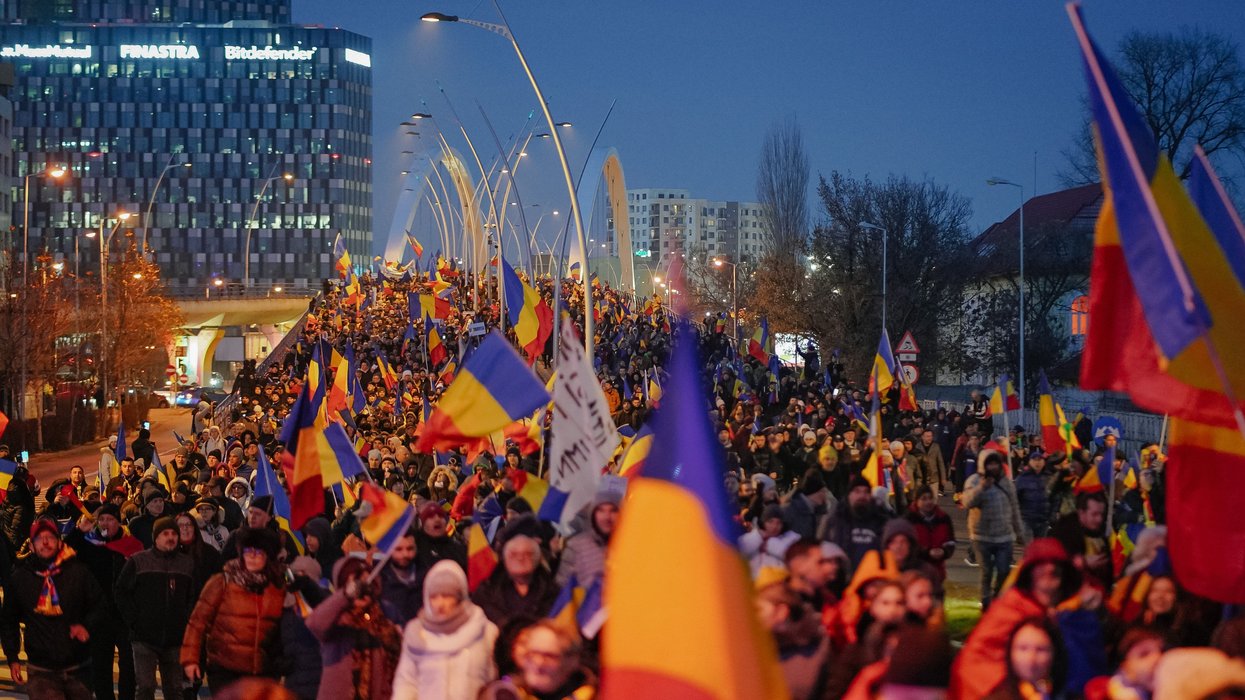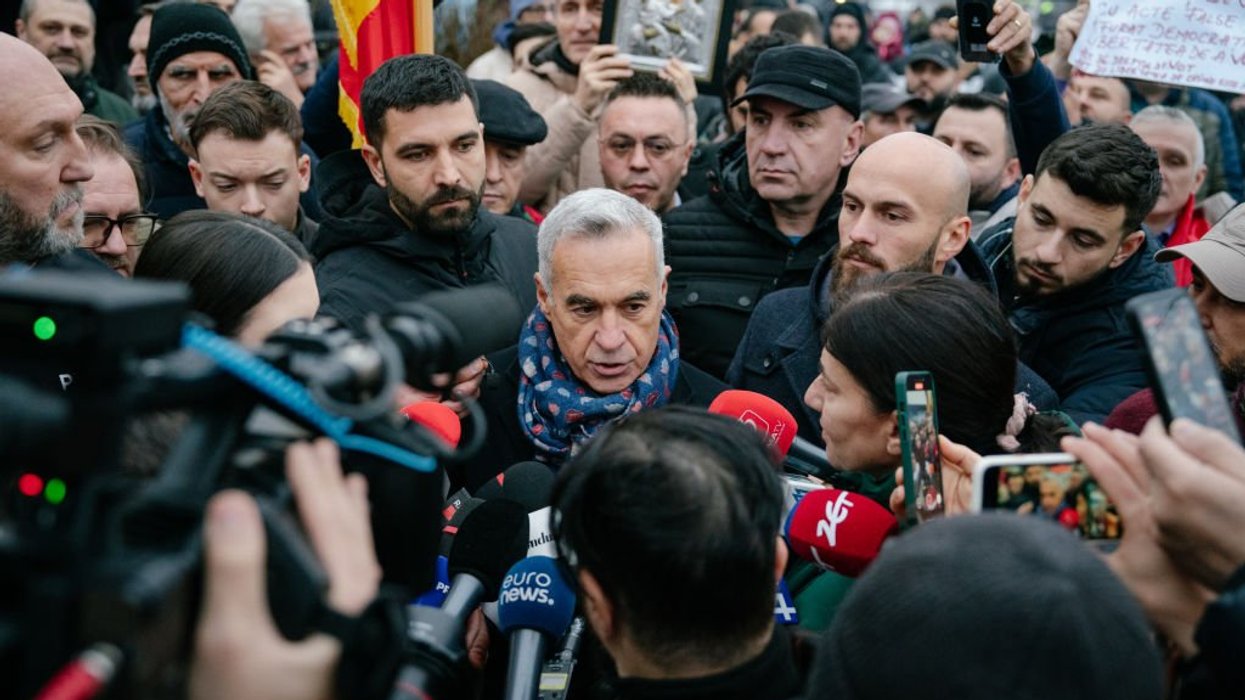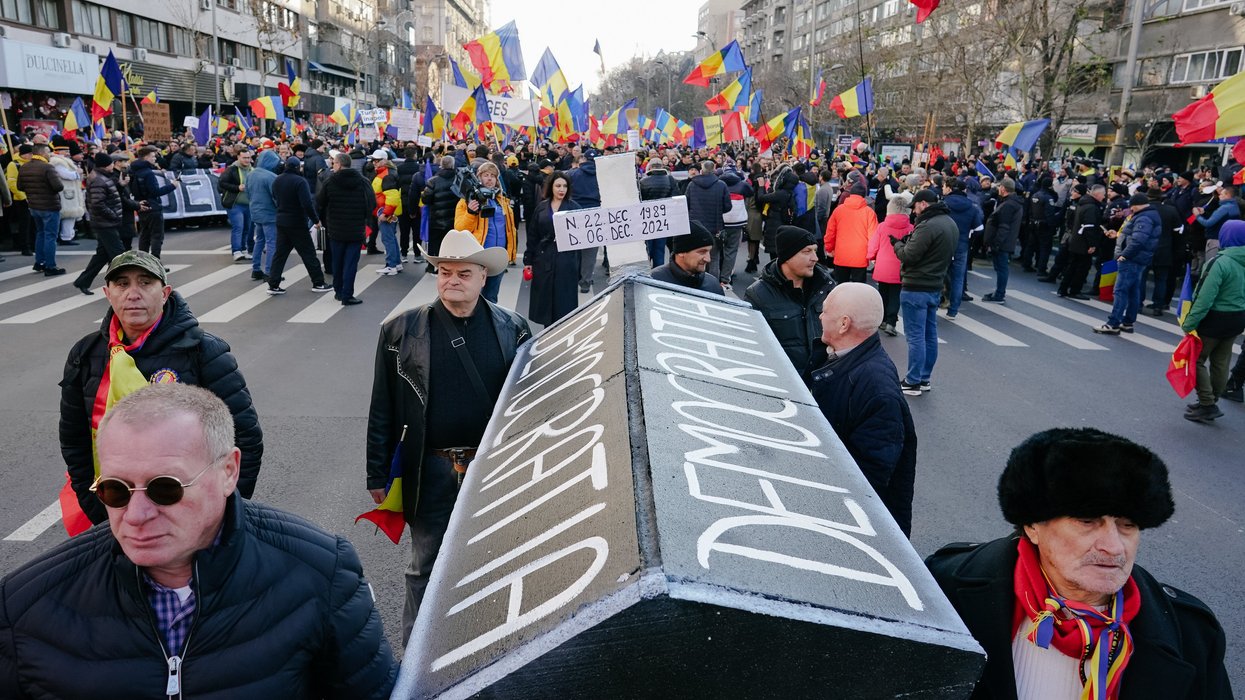The Middle East is on fire. Israel and Hamas continue to trade rocket fire, while ISIS is on the march in Iraq. With a caliphate officially declared and a leader named, Glenn explained on Wednesday's Glenn Beck Program that he believes the coming weeks and months will see a further devolution of the situation that ignites a Sunni-Shia war. That war will stretch from Pakistan all the way to Spain, and the implications will be global.
"There are no happy endings," Glenn said somberly.
When you consider the bloodshed and sacrifice the United States has already endured in the region, it is troubling to think it could all be for nought. How can we possibly sit by and watch our sacrifice "get flushed down the toilet"? At the same time, how can we possibly believe another dollar or another life can solve this problem.
As he has discussed before, Glenn believes it is time for the American people to come together and courageously declare: Not one more. No more money. No more bloodshed.
"Non-interventionist is not only best course of action but the only course of action," Glenn said.
Instead, it is time to chart a new course, and Glenn said he is willing to give anyone who has a solution as to how best to deal with this turmoil a platform from which to share those ideas.
Later in the program, TheBlaze's national security editor Buck Sexton was joined by American Enterprise Institute scholar Michael Rubin to war-game the possible outcomes in Iraq and the Middle East more generally.
In this Red Cell: Iraq, Buck and Rubin looked at five possible scenarios and the regional and global implications of each. For those unfamiliar with the term, a Red Cell is a wargaming exercise that looks specifically at high-impact, low-probability scenarios - things that could happen and, if they did happen, would really make a big impact.
Below are the five possible outcomes that were discussed:
1. Baghdad falls to ISIS
Both Rubin and Buck agreed this is the worst-case scenario for both the Middle East and the West. Iran would inevitably get involved, and the entire region would, as Rubin described, be set "alight."
2. ISIS sets up training camps and government apparatus
While the caliphate has been declared, it is not a formal state. ISIS has, however, already begun distributing passports and other documentation to residents of the Syrian and Iraqi regions under its control. Rubin believes further formalization will only increase the likelihood of a terrorist attack in the West, for the root of terrorist activity is not born of oppression but an unmitigated desire for conformity.
3. ISIS conducts external terror attack against the West
Despite the United States' weariness of war - especially another war in the Middle East - a terrorist attack on U.S. soil would undoubtedly lead to military intervention because the terrorists can more easily metastasize when the western forces are not in their way. As Rubin explained, without troops on the ground, there is much less actionable intelligence available.
4. Jordan falls
ISIS is already on Jordanian borders, and should the monarchy fall, the balance of power in the Middle East will be fundamentally redrawn in a way the world has not seen since World War II. Rubin believes that if Jordan fall, not only will Israel lose one of the few buffers it enjoys, but Saudi Arabia will likely face a similar threat.
5. Emergence of Kurdish state
The emergence of a Kurdish state in Iraq may very well be the best scenario for the West. While the Turks typically oppose Kurdish statehood - for fear their own Kurd population will revolt - the country has given its blessing (to some extent) to the Iraqi Kurds. Iran, however, will not be as welcoming of such a state. The Iranians have condemned and will continue to condemn such statehood for the minority group for reasons similar to Turkey.


